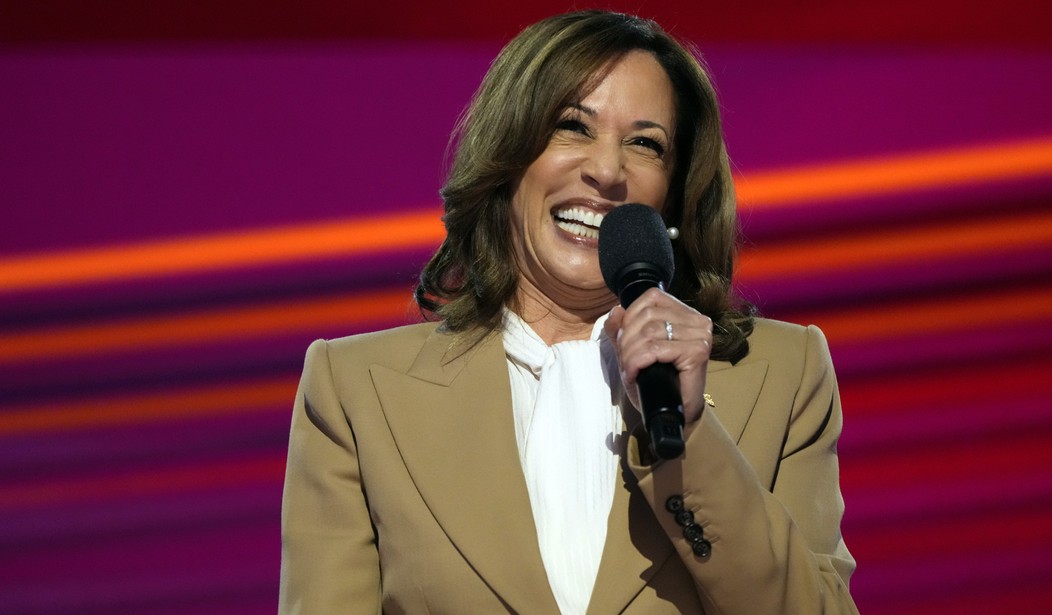Democrats sure have gotten cocky on social media lately thanks to Kamala Harris's bounce in the polls and the large influx of campaign cash she's received. They keep convincing themselves that Harris is headed for a landslide. How could the least popular vice president in history win in a landslide in this economy? Beats me. But my skepticism about Kamala's position in this race won't convince them that they're overconfident.
Maybe they should listen to Democratic pollsters who say that Kamala's position is stronger than Joe Biden's; however, they concede that she's still not in a great position. For one thing, the battleground states are still roughly tied — and that's based on polls during the bounce. Democrat pollsters, however, know that her surge won't last.
Last week, we reported that the president of a Kamala Super PAC was warning Democrats not to believe the public polls.
"Our numbers are much less rosy than what you're seeing in the public," Chauncey McLean, the president of Future Forward, said.
Other Democratic pollsters noted that — even if their polling is right — Trump still maintains a lot of advantages.
“It’s still a very tough race, and that feels consistent with everything we know,” said Margie Omero, a partner at the Democratic polling firm GBAO Strategies.
There are plenty of warning signs hidden in the data: A poll commissioned by the Democratic messaging firm Navigator Research and unveiled during the convention showed Harris and Trump essentially tied across the swing-state map. And the candidate characteristics that are best correlated with voters’ preferences — whether a candidate is up to the job, has the right vision and is a strong leader — generally favored Trump in the survey.
There's another issue entirely that speaks to the trouble polls have in completely capturing the sentiment of the entire electorate.
“I spent a ton of time and analysis trying to dig into those problems. And I feel much better educated about those problems,” Nick Gourevitch, a partner at Global Strategy Group, said. “I don’t think there’s any pollster in America who can sit here and say … that they’re 100 percent sure that they fixed any issues in polling. I think that would be silly.”
Politico described Gourevitch as "a driving force behind the post-2020 Democratic polling autopsy."
One major part of the effort was a lengthy experiment in the swing state of Wisconsin. The goal wasn’t to predict the result of an election; it was to see which voters could be captured by a monthslong survey using multiple ways of finding people, including a door-to-door component — and how that group differs from the voters reached in the typical phone or web surveys conducted over the course of a few days.
The main finding: Standard polls capture voters who are more engaged with politics and consider it more important to their identity. That kind of bias wouldn’t necessarily cause problems in a low-turnout election, like an off year or midterm, because those are exactly the kind of voters who show up.
But in a presidential race, when lower-propensity voters also turn out, that could be an issue. And the kind of time, effort and expense that went into getting those voters to participate isn’t scalable in a fast-changing election.
We've long understood that the 2024 election would be a tight race, and that favors Trump. The past two election cycles have proven that pollsters are still struggling to capture the full extent of Trump's support. Both Hillary Clinton and Biden had formidable leads in the polls. Hillary lost, and Biden's victory hinged on less than 50,000 votes in three battleground states. And Kamala's position in the polls is much weaker than either Biden's or Hillary's.










Join the conversation as a VIP Member